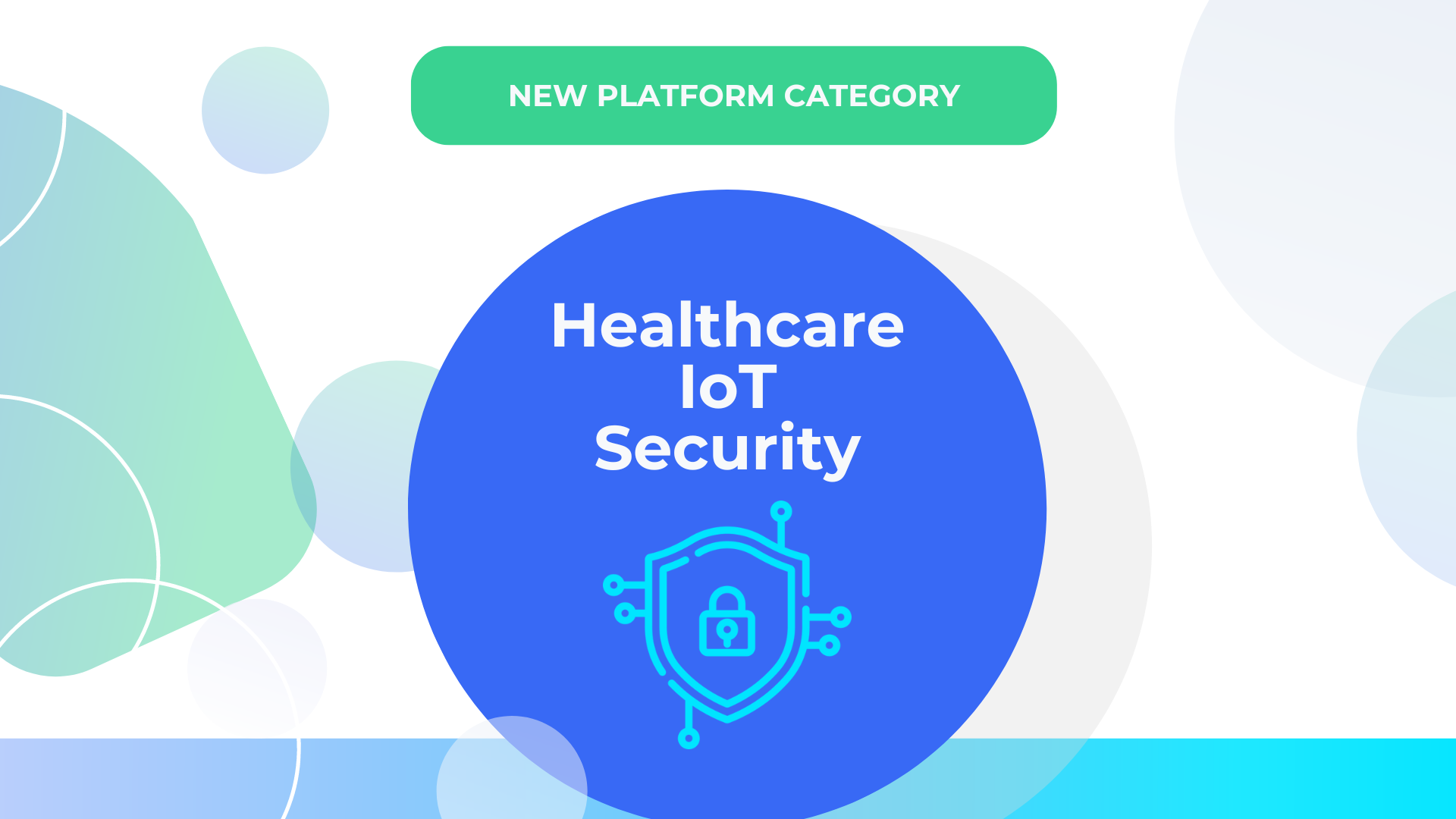Panda Health is excited to announce the addition of our latest category, Healthcare IoT Security.
What is Healthcare IoT Security?
Healthcare IoT security refers to the measures and protocols implemented to safeguard Internet of Things (IoT) devices and systems within healthcare environments from potential cyber threats and unauthorized access. These devices, ranging from medical wearables and patient monitors to networked medical equipment and operational devices, play a crucial role in modern healthcare delivery, offering valuable insights and improving patient care. However, their interconnected nature and often insufficient security features make them vulnerable to cyberattacks, posing significant risks to patient safety, data privacy, and the integrity of healthcare operations.
Ensuring robust healthcare IoT security is paramount to protect sensitive patient data, maintain the integrity of medical devices and systems, and mitigate the potential consequences of cyber threats. By implementing comprehensive security measures, including encryption, access controls, network segmentation, regular updates and patches, and continuous monitoring, healthcare organizations can enhance the resilience of their IoT infrastructure and safeguard against evolving cyber risks. Additionally, prioritizing cybersecurity awareness and training among healthcare staff is essential to foster a culture of vigilance and proactive risk management in the face of ever-evolving cyber threats.
How Do IoT Solutions Benefit Hospitals and Health Systems?
Healthcare IoT security solutions play a critical role in safeguarding hospitals and health systems against the evolving landscape of cyber threats targeting interconnected medical devices and networks. With the proliferation of IoT devices in healthcare settings, including patient monitors, infusion pumps, and wearable sensors, the landscape for malicious actors has significantly expanded. These solutions provide comprehensive protection by implementing robust encryption protocols, access controls, and intrusion detection mechanisms, ultimately fortifying the defense against unauthorized access, data breaches, and cyberattacks.
By investing in healthcare IoT security solutions, hospitals and health systems can enhance operational resilience and patient safety. These solutions enable proactive threat detection and incident response, allowing organizations to identify and mitigate security vulnerabilities before they escalate into major breaches. Moreover, by ensuring the integrity and confidentiality of patient data, healthcare providers can uphold regulatory compliance standards such as HIPAA, GDPR, and HITECH Act, minimizing the risk of regulatory penalties and reputational damage, and patient data being compromised.
Healthcare IoT security solutions foster trust and confidence among patients, healthcare professionals, and stakeholders. By demonstrating a commitment to data security and patient privacy, hospitals can strengthen their reputation as trusted healthcare providers. With the increasing reliance on connected medical devices for patient care and clinical decision-making, robust IoT security measures are critical to ensure the seamless delivery of quality healthcare services while safeguarding patient welfare and confidentiality in today’s digital healthcare landscape.
